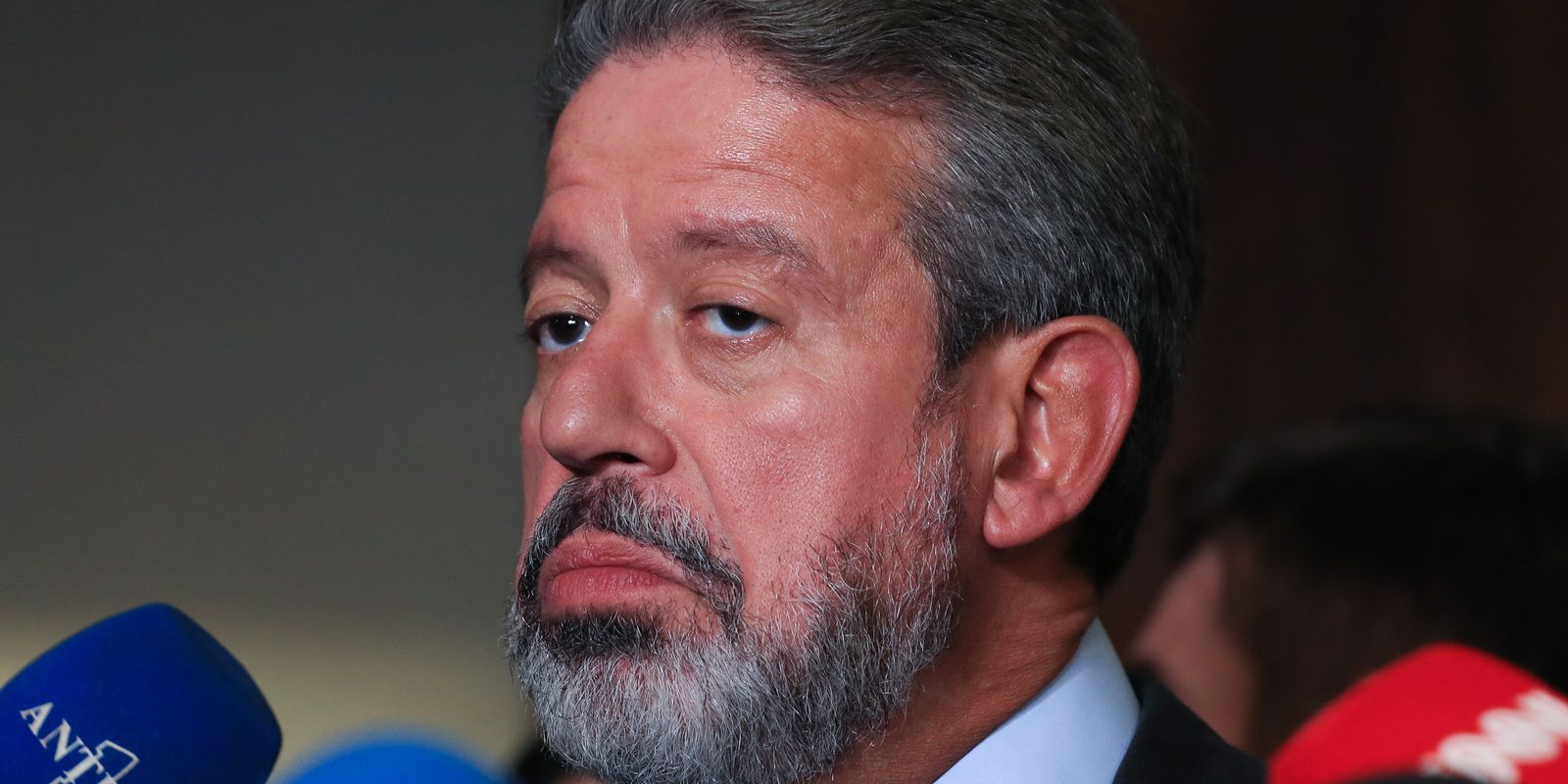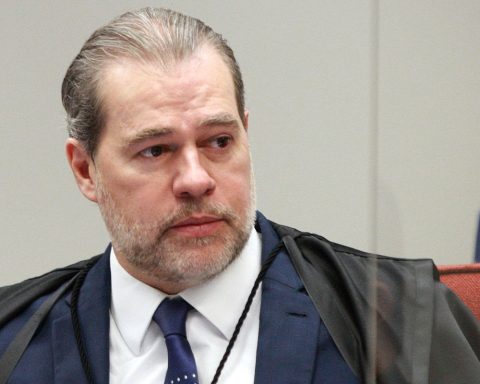The president of the Chamber of Deputies, deputy Arthur Lira (PP-AL), stated this Wednesday (4) that he will directly discuss in the Plenary the Proposed Amendment to the Constitution (PEC) 45/2014, which, among other measures, reduces gradually increase the number of beneficiaries entitled to the salary bonus and limit public service super salaries.
As there was no agreement to vote today on the PEC that makes up the government’s spending cut package in the Constitution and Justice Commission (CCJ), the government defended taking the issue directly to the Plenary.
Lira said that she will attach PEC 45 to another proposal already ready to be voted on, “like what has already been done previously, with jurisprudence in the House, with instructions that allow it to be attached to a PEC ready for the Plenary”.
At an event on the Jota news portal, the president of the Chamber also said that a rapporteur will be appointed for this PEC “who will dialogue very effectively, and I have no doubt that in a much more accelerated way than the minimum number of sessions so that it could pass it to a special commission”, he added.
As it is a PEC, the common procedure is approval by the CCJ, followed by analysis by a special commission. The commission would have a period of at least ten plenary sessions to analyze the text.
CCJ
As opposition parties and the PSOL promised to request reviews of PEC 45 at the CCJ, which would delay the scheduled schedule, the government began to defend taking the proposal directly to the Plenary. This is because the objective is to vote on all proposals in the spending cut package by the end of this year so that they have an impact on the 2025 budget.
According to government leaders, there are precedents in the House for taking a PEC directly to the Plenary.
“The deadline desired by the government is to vote on this matter by December 18th, therefore, it is impossible to conclude it after the CCJ. I want to highlight that there are other regulatory precedents that guarantee the processing of this PEC”, stated deputy Rubens Pereira Júnior (PT-MA), deputy leader of the government in the Chamber.
During the pandemic, the so-called Emergency PEC was put to a vote directly in the House Plenary after an agreement between the leaders.
Rubens Pereira informed the Brazil Agency that the opposition tried to build an agreement to condition the PEC of spending cuts on the approval, also without a request for approval, of the BNDES PEC, which requires authorizations from Congress for bank loans made for ventures abroad. Such an agreement would not have been accepted by the government.
Opposition
The opposition criticized the attempt to take the PEC directly to the Plenary. According to deputy Mendonça Filho (União-PE), the government demonstrated that it does not have the strength to approve PEC 45 in the CCJ. “The government is clearly saying that it will override the CCJ and override the special commission, which is unacceptable. We have to protest,” he said.
The president of the CCJ, deputy Caroline de Toni (PL-SC), argued that the decision contradicts the House’s rules.
“We are against these precedents and we believe that the collegiate itself is weakened and discredited when this happens. Even though it is often a political decision and already has precedents in the House”, stated the parliamentarian.
PEC 45
One of the measures foreseen in the PEC that makes up the spending cut package announced by the government gradually reduces access to the salary bonus.
The benefit of one minimum wage is paid annually to workers with a formal contract and public servants with an income of up to two minimum wages as a form of compensation for the income of these workers.
The PEC establishes a gradual reduction so that the bonus is paid, from 2035, only to workers who earn up to one and a half minimum wages.
The proposal also limits the compensation funds received by employees who exceed the civil service ceiling, establishes new rules for granting, expanding or extending tax incentives, among other changes.

















